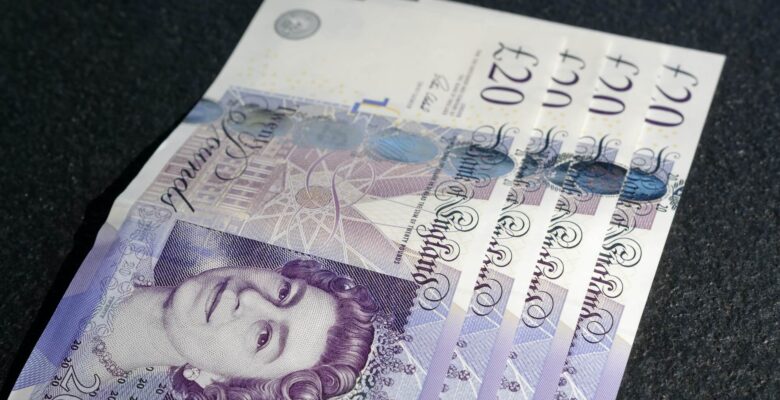
The Bank of England’s base interest rates have risen to 2.25% after its Monetary Policy Committee voted in favour of an increase of 0.5 percentage points.
Despite being at their highest level in over a decade following the 2008 financial crisis, interest rates remain well below the double figure rates seen throughout the 1980s and early 1990s.
The latest increase is the seventh consecutive jump in the base rate since December 2021, comes as the Bank of England continues to rein in rising inflation, driven by rising global energy and food costs, as well as the falling value of Sterling against the US Dollar and other major currencies.
The Bank of England has a target to keep inflation at 2%; however, annual inflation in August was recently revealed by the ONS to stand at 9.9%, and is expected to remain high throughout 2023. Economists did however note that the latest support with energy bills announced earlier this month by Liz Truss would help to mitigate the effects of volatility in energy markets was having on inflation, and expect inflation to now peak earlier than previously forecast.
In a statement detailing their decision behind the move, the bank’s Monetary Policy Committee shared its belief that rising inflation had caused consumer spending to slow, and that the UK economy was likely now in recession. A 0.1% contraction in the UK economy was recorded in Q2 of 2022, with the Bank of England anticipating a second quarter of negative growth for July to September.
Economist at the UK’s central bank voted 5-4 in favour of the 0.5 percentage point rise, with three Monetary Policy Committee members advocating a steeper increase in the Bank of England base rate, despite fears that an additional increase in the cost of borrowing could further hurt spending.
The bank, whose decision was postponed due to the death of Her Majesty Queen Elizabeth II, follows in the footsteps of counterparts around the world in announcing a further rise in interest rates. This week has seen the US Federal Reserve raise interest rates to between 3% and 3.25%, while Sweden’s Riksbanken announced a 1 percentage point rise in interest rates to 1.75%. The European Central Bank for Eurozone countries also announced a record 0.75 percentage point rate rise for both deposit and debt rates, albeit from zero and 0.5% respectively.
Following the Bank’s announcement, newly appointed Chancellor, Kwasi Kwarteng, has also announced additional measures to stimulate economic growth and mitigate the impact on both businesses and households of rising inflation on the economy




















 Northern businesses backed with over £1.7 million in NPIF II Smaller Loans
Northern businesses backed with over £1.7 million in NPIF II Smaller Loans  GCBF and River Capital drive North West growth with £1.4 million NPIF II investment
GCBF and River Capital drive North West growth with £1.4 million NPIF II investment  British Business Bank reveals impact after a decade of support for small businesses in the North West
British Business Bank reveals impact after a decade of support for small businesses in the North West